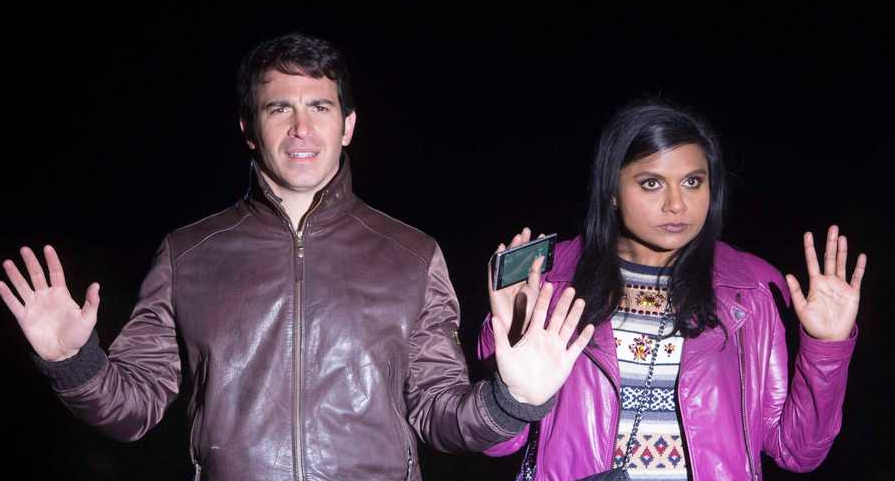
Lisa Valentino urged the audience at Digital Content NewFronts last week to ”take a look at the results when Condé Nast tells your story". She was talking about native ads and sposnorships, whether created by Ze Frank at Buzzfeed Motion Pictures or slipped into shows. Increasingly publication companies are working directly with brands and advertising agencies to develop ”original content". That's branded content to you and I. Publications have muscled in on the creation territory, launching their own advertising agencies within the media they control. CNN launched a new branded content studio, Gawker was tapped by Jaguar to work with Spark 44 and Mindshare on a campaign. The publications are creating native ads to earn money the banners ads no longer gives them. Turn your ad detector on now, as it'll only get worse. ADvertising creatives have created ”content" since the dawn of soap operas, but somehow the publications have now opened up creative departments and sell directly to brands.
Publishers are “no longer content to be the place where ads go,” said Ben Winkler, chief investment officer for the agency OMD United States. “What we’re hearing at this NewFronts more than ever is this can be a two-way exchange.”
The rhetorical gymnastics, however, also signal a deeper trend in the ad business. As companies seek to remove clutter from their sites while also bolstering their ad revenue, many are turning to so-called branded content, a widely used but vague industry term that generally means ads that look more like things people actually want to read or watch.
It's not just in online shows and publications, but also in TV shows that the sponsorships are written into shows more or less blatantly. Modern Family was sponsored by the National Association of Realtors, and suddenly the Dunphy character insists he's a realtor and not a real estate agent as a major plot point. Previously we've seen the entire family facetime on all their Apple devices throughout an episode. Meanwhile, Mindy of the Mindy Project loves her Lumina.
“Goose Island IPA has signed on to sponsor our hit series ‘Casual’ and integrate into the show,” Mr. Naylor said. And in the current season of “The Mindy Project,” he added, “not only does Mindy fall in love with her new Microsoft Surface Book, but she also gets to escape the city in her newly designed Lexus RX.”
So what's and ad these days? Anything from a social media post to a cheeky pizza order "special request" receipt posted on Reddit. They won't call it "advertising" because it's become a dirty word, but that is what the publications and channels are producing.
During the NewFronts, Hulu and many other companies, often using a rhetorical sleight of hand, put forth the idea that ads are the products of symbiotic relationships, rather than frustrating invaders. Jennifer L. Wong, president of digital for Time Inc., told advertisers the company was “helping brands develop original content” and added, “Working with us is easy.” Lisa Valentino, head of ad sales for Condé Nast, urged the audience to “take a look at the results when Condé Nast tells your story.” Ze Frank, president of BuzzFeed Motion Pictures, said the company worked “with brands and agencies to develop original content.”
The NYT Times article concludes that: ”Advertisers want their ads to look less like ads even as they are fighting harder for attention." Meanwhile, what are the ad agencies doing about the fact that their product - advertising and branding content - is increasingly being handed over directly to the publications & channels? Seems to me that this would be a very good time for an agency to join the ranks of publishers.
